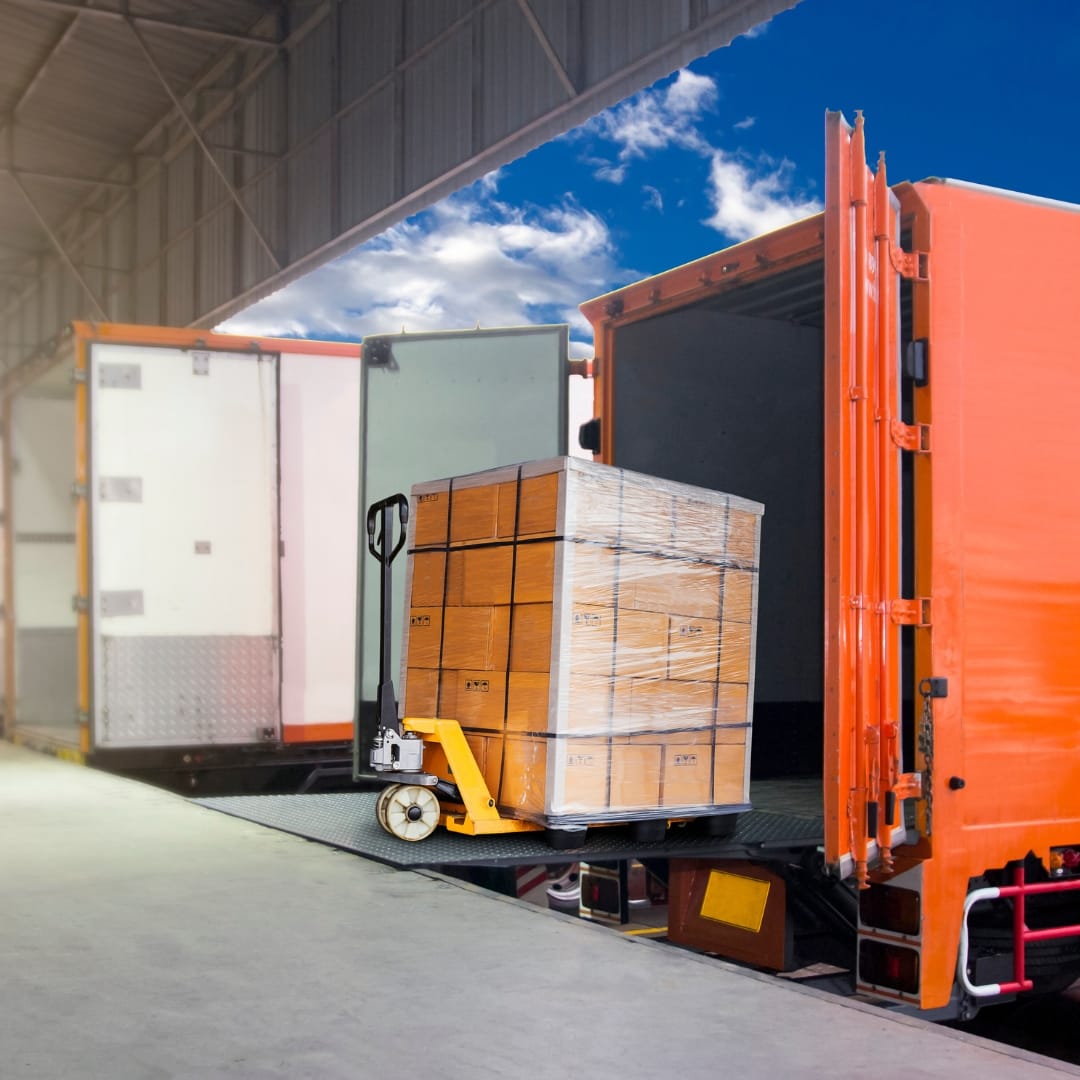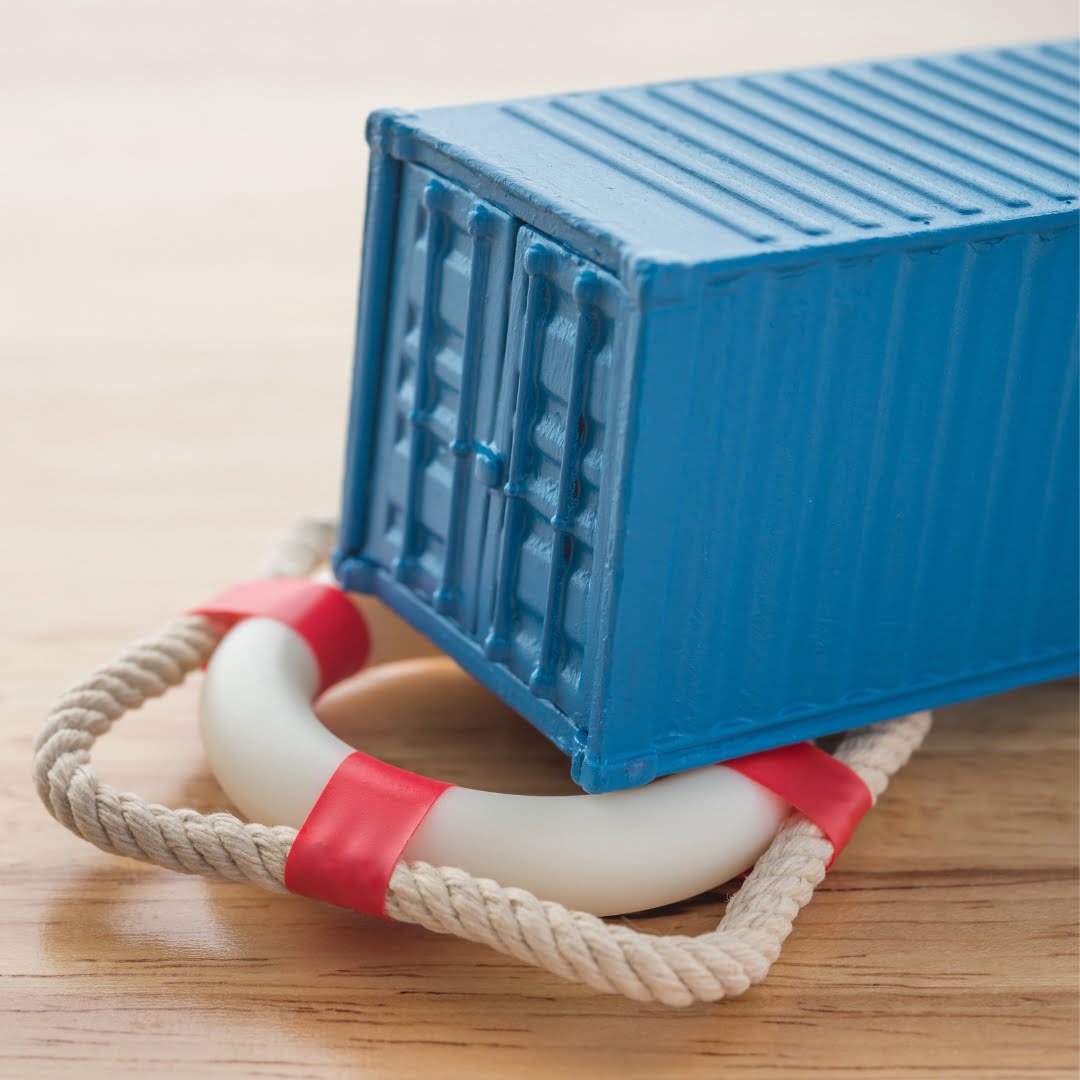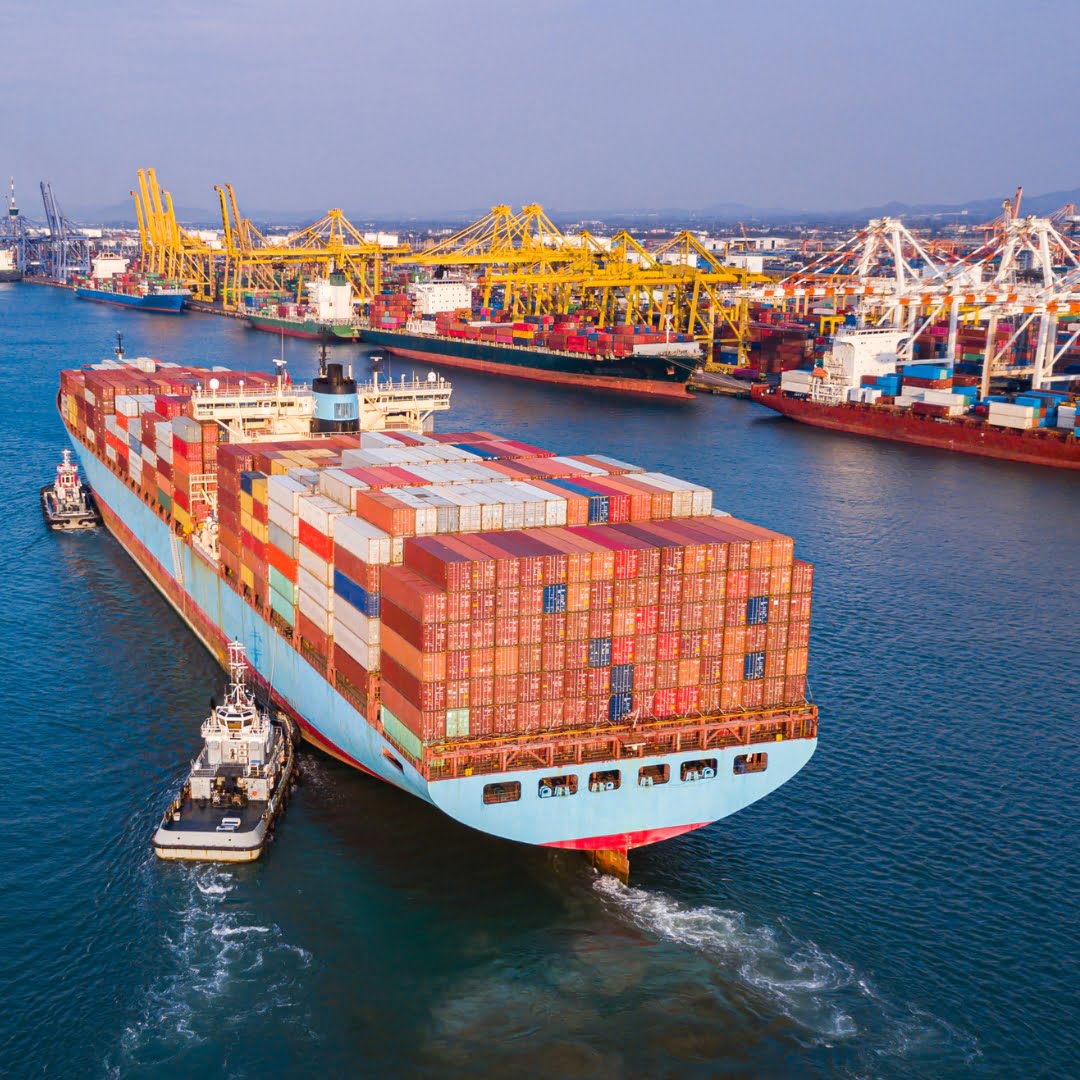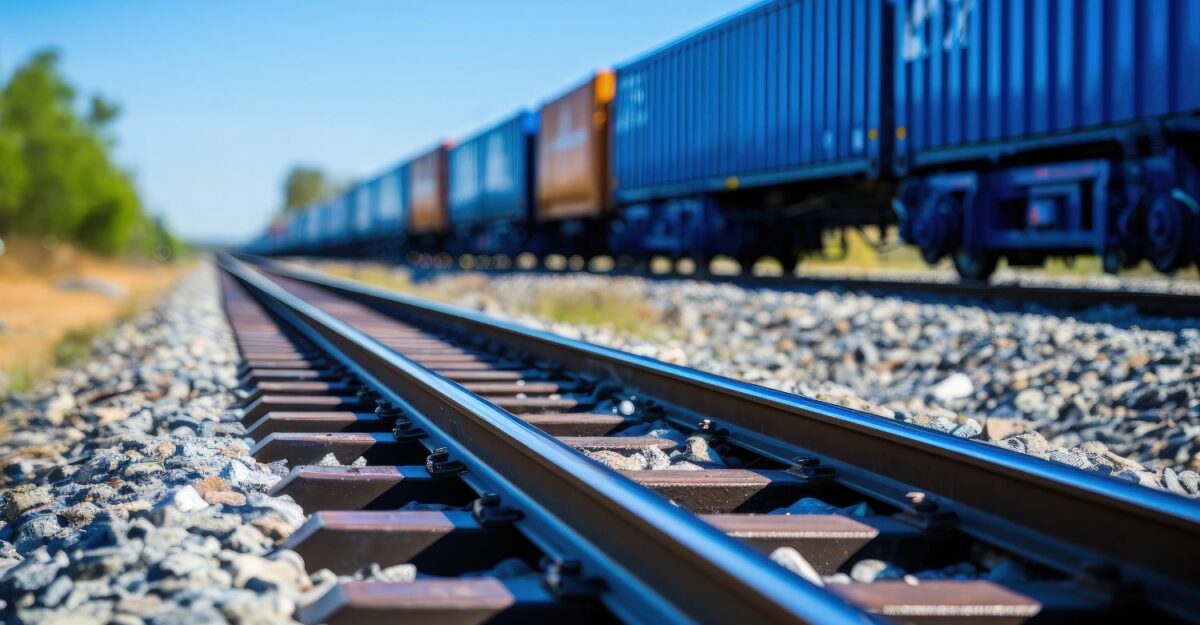Archive by Category Taker Truck

LTL vs. FTL Shipments: Understanding the Differences in Trucking Distribution
LTL vs. FTL—what’s the difference in truck shipping modes, and why should you care? As business owners distributing freight, understanding these basic trucking terms is essential for multiple reasons. It prevents you from overpaying in shipping rates, delaying delivery times, and risking freight damage while in transit. In...
Explore More
Shipping Terms: A Glossary of Common Industry Terminology
While it’s not expected for business owners to memorize shipping terms, it can help you better manage how your goods are transported throughout your supply chain. This glossary is a complete list of international and domestic shipping terminology to use as a reference. That way, you can ensure your valuable commodities...
Explore More
What is A Freight Forwarder & What Do They Do?
What is a freight forwarder, exactly? And how are they different from shippers, freight brokers, and 3PL logistics companies? It’s common for businesses to get confused with these roles as they all play a part in your supply chain but have unique responsibilities. Learn more about what freight forwarders do, how they...
Explore More
Centralized Distribution: Differences Between Decentralized Hubs & Why Location Matters
The thought of re-designing your business’s distribution network can seem daunting. Switching your warehouse and transportation systems is complex, especially if you have decentralized nodes within your supply chain. That’s where centralized distribution comes in. It eliminates the multiple touchpoints required per shipment...
Explore More
US Federal Contractor Registration (USFCR): What It Is & Why Your Freight Forwarder Should Be Certified
As a business owner shipping freight in the federal government marketplace, you understand the importance of working with a reputable freight forwarder. You require a company equipped to handle government-compliant transport with the necessary licenses and credentials. Whether you’re shipping aerospace parts or hazmat...
Explore More
How to Prevent Cargo Theft and Freight Scams in the Trucking & Logistics Industry
Cargo theft and freight fraud are on the rise into 2024. Is your business working with a logistics company that utilizes advanced supply chain fraud strategies? With continuously modernized technology like AI and organized criminal networks, companies and freight forwarders must invest in risk mitigation. Last...
Explore More
24/7 Customer Service in Logistics Management: Why Prioritizing Support is Vital
24/7 customer service in logistics is more than solving their problems. It’s about efficient logistics management. Providing round-the-clock support is vital for logistics companies and their customers’ bottom line. Businesses rely on logistics providers to ship their commodities safely and successfully. In return,...
Explore More
Safe Freight is a Priority: How to Ensure Road Safety While Transporting Freight
Ensuring you have safe freight while in transit is crucial to prevent a wide range of road safety hazards. From hazardous material spills to fleet accidents and cargo theft, finding qualified freight carriers that prioritize safety helps ensure your commodities are protected. There are also government regulations for...
Explore More
Cargo Insurance: What It Is & Why It’s Necessary
Did you know that full truckload thefts have increased by 25% since 2020? Despite this, 60% to 90% of cargo remains uninsured or underinsured. Now more than ever, cargo insurance is crucial to protect your commodities and prevent your business from paying out-of-pocket costs from lack of coverage. Learn how insurance...
Explore More
Understanding Rail Freight Transport: Train Types, Loads, and Shipping Options
Did you know there are different types of rail freight transport? Whether you’re shipping heavy equipment or bulk goods, it’s crucial to pick the rail freight mode to protect your commodities. Not all freight train types are equipped to handle specialized shipping, like frozen foods, which can ruin your products and...
Explore More
